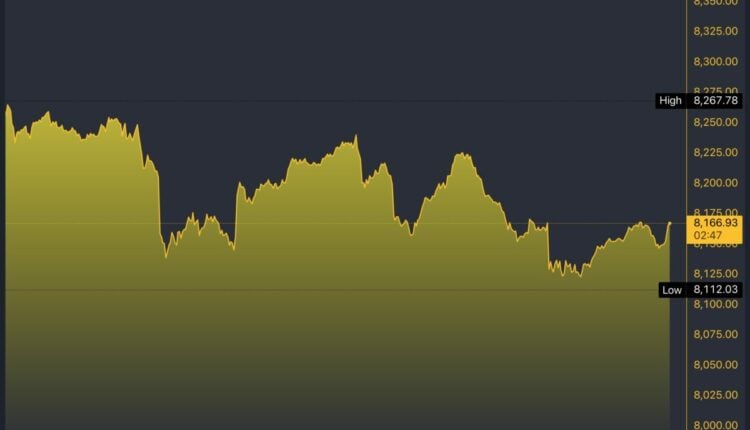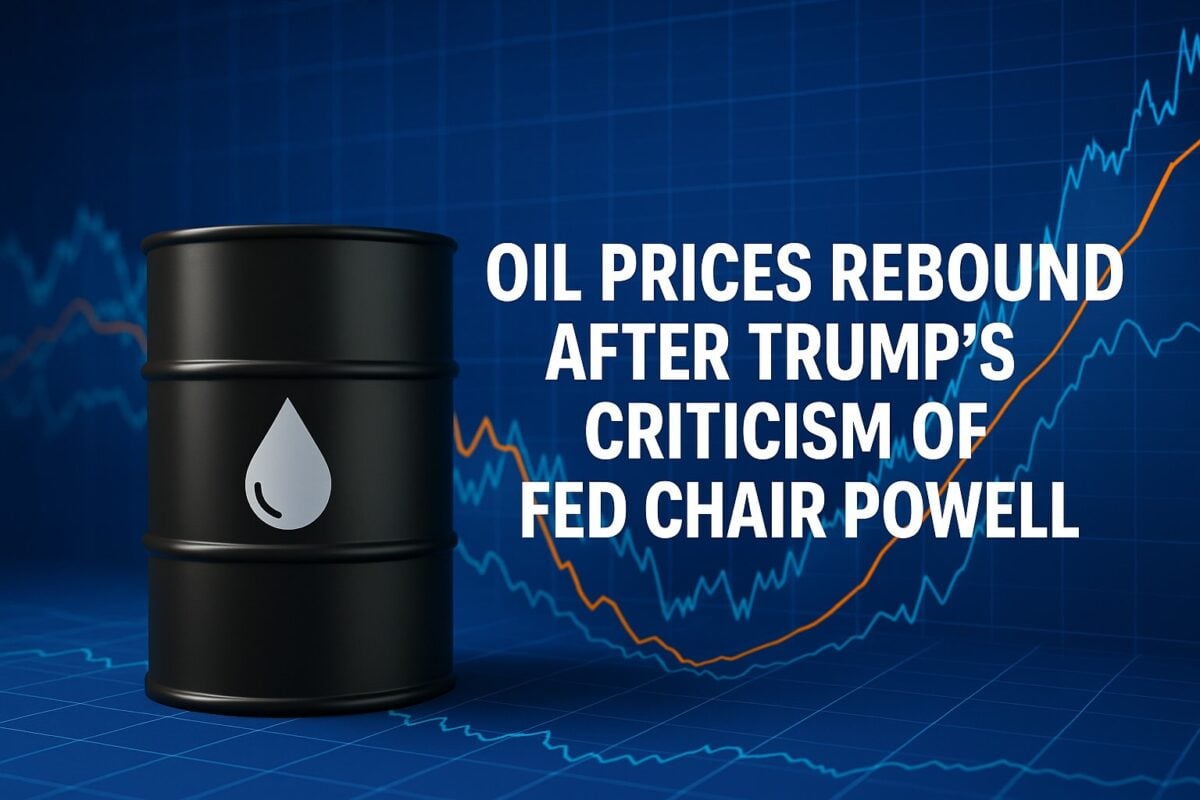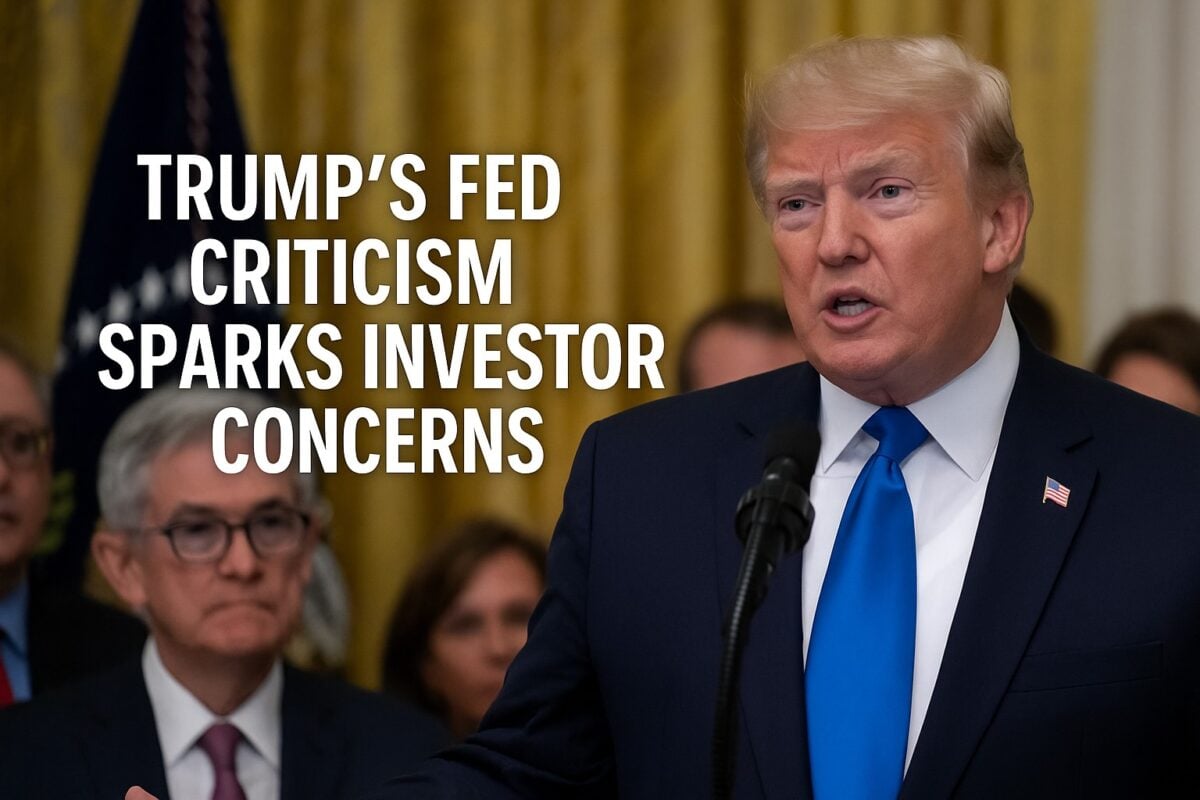
FTSE All-Share Insights: Top Performing and Declining Stocks
Table of Contents
The FTSE All-Share Index comprises all eligible companies on the London Stock Exchange’s main market that meet specific size and liquidity criteria. This index represents 98% of the UK’s market capitalisation.
The index serves as the primary performance gauge for the London equity market. Besides, most UK-focused investments are linked to it. Additionally, it forms the basis for various investment products, including funds and ETFs. The constituents of the FTSE All-Share Index trade on the LSE’s SETS trading systems.
After launching in 1962 as the FT Actuaries All-Share Index, the FTSE All-Share Index expanded with the introduction of two new sub-indices: the FTSE 100 in January 1984 and the FTSE 250 in October 1992.
Every quarter, the FTSE conducts a review of its constituents. Therefore, depending on quarterly results, some companies will exit or enter the rally. These changes impact share prices and lead to a busy trading day.
According to the latest FTSE all share price chart, the latest trade session closed at 4,479.49, matching its opening value. Over the past year, the index has risen by 6.97%. Trading volume for the day was 13,812,007, significantly lower than the three-month average of 134,864,120.
Throughout the day, the index fluctuated between 4,452.02 and 4,479.49. The 52-week range for the index spans from a low of 3,926.69 to a high of 4,606.96.
FTSE 100 Reaches a New Peak: FTSE All Share Risers
On Wednesday, the UK’s FTSE 100 benchmark stock index hit new highs, fueled by optimistic corporate updates as investors awaited the Bank of England’s interest rate decision.
The FTSE 100 rose by 0.5%, reaching a record closing level of 20,491.99 points.
A weaker pound also contributed to the index’s gains, as it fell against the dollar due to expectations that the Bank of England would adopt a dovish stance at Thursday’s monetary policy meeting.
Money markets fully expect a 25-basis-point rate cut in August and see a 40% chance of a similar move in June. These expectations have grown as recent data show a slowdown in British inflation.
Here are the most significant FTSE All-Share gainers of the day:
Ascential plc (ASCL) led the rise with an impressive 26.34% increase, closing at 564.25, a substantial gain of 117.70.
Aston Martin Lagonda (AML) followed with a 10.13% boost, ending the day at 163.65, up by 15.20.
EasyJet plc (EZJ) saw its shares advance by 6.10%, reaching 453.70, a rise of 26.10.
Ferrexpo plc (FXPO) also delivered a strong performance, climbing 5.46% to finish at 57.95, an increase of 3.00.
Volution Group plc (FAN) achieved a 4.92% gain, ending at 532.00, up by 25.00.
FTSE100/GBP 5-Day Chart
UK Stocks’ Shrinking Challenges: FTSE All-Share Fallers
Politicians, regulators, and city leaders aim to rejuvenate the UK’s declining stock market. This market faces two major issues: disappearing companies and an insufficient influx of new ones. The rapid shrinkage threatens the UK’s top position in Europe, raising fears of a potential terminal decline. Multiple factors contribute to this situation, with the prevalent belief that UK stocks trade at a discount compared to international peers playing a significant role.
Several reasons underlie this belief. The FTSE 100 has a significant presence in lower-rated sectors such as resources and banks and lacks high-rated technology stocks. Furthermore, a growing number of companies are opting to move from the London market to the US, reinforcing the perception of a persistent discount.
On Tuesday in London, the FTSE 100 and European stocks showed mixed results following prominent Democrats endorsing Kamala Harris for president. Her support now meets the threshold for nomination.
By the day’s end, the FTSE 100 (^FTSE) gave back some of Monday’s gains, dropping by 0.4%.
The FTSE All-Share Index saw several notable declines during the session:
Evoke Plc (EVOK) led the way with a sharp 5.36% drop, closing at 62.75 after a decrease of 3.55.
Breedon Group plc (BREE) followed with a 5.24% fall, ending at 388.50, down by 21.50.
Ocado Group plc (OCDO) also experienced a significant decline, sliding 4.76% to 410.15, a drop of 20.50.
Trifast (TRI) saw its shares diminish by 3.99%, closing at 69.40 after a decrease of 2.90.
BlackRock Frontiers Investment Trust (BRFI) recorded a 3.41% decline, finishing the day at 145.50, down by 5.00.
Analysts Insights: FTSE Future Projections
Experts anticipate that the UK stock market will continue to gain momentum.
Axel Rudolph, a senior market analyst at IG Group, expects the FTSE to potentially reach 8,300 this summer and climb to 8,500 by the end of the year. On the other hand, Darius McDermott, managing director of Chelsea Financial Services, believes the index might even hit 9,000.
Russ Mould, investment director at AJ Bell, offers a more cautious forecast, predicting a peak at around 8,300. He attributes this outlook to strong dividend payouts and record share buybacks, which signal corporate confidence.
Rudolph highlights that the FTSE 100 is on track for its third consecutive month of gains, driven by foreign investors buying undervalued UK stocks. Technical analysis suggests that the index might reach the 8,300 level based on the 161.8% Fibonacci extension.
This Fibonacci extension helps analysts set price targets during market peaks, indicating a projection 1.618 times the previous move.
Additionally, the weakening pound, which makes UK shares more attractive to international buyers, is expected to support the blue-chip index. The index might reach 8,500 by year-end, particularly if the UK economy improves with anticipated interest rate cuts from the Bank of England, expected to begin in August.


